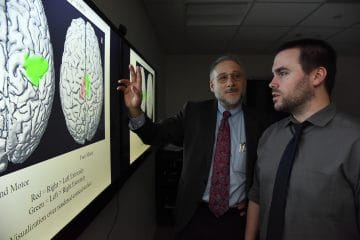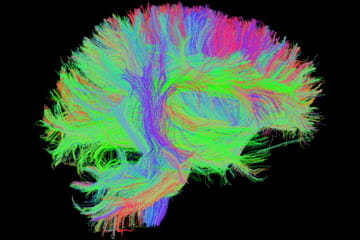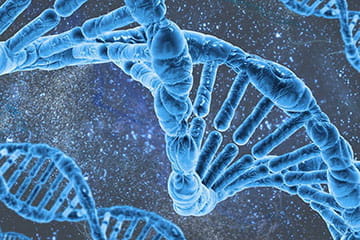The Department of Psychiatry at Indiana University School of Medicine conducts research into both causes of and treatment strategies for neurodegenerative disorders, such as Alzheimer’s disease. IU School of Medicine experts focus on mechanisms of aging, origin and biogenesis of the amyloid plaque, and roles of specific genes in Alzheimer’s disease.
Faculty Experts in Alzheimer’s Disease Research
Learn how researchers at IU School of Medicine are collaborating to make critical progress in the prevention and effective treatments for Alzheimer’s disease.

From Basic Research to Advanced Treatments
Department of Psychiatry experts concentrate on basic research and use advanced brain and neuronal cultures and animal models in order to better understand causes of neurodegenerative diseases to discover molecular method diagnoses and create rational strategies for prevention and treatment of age-related neurological disorders.





